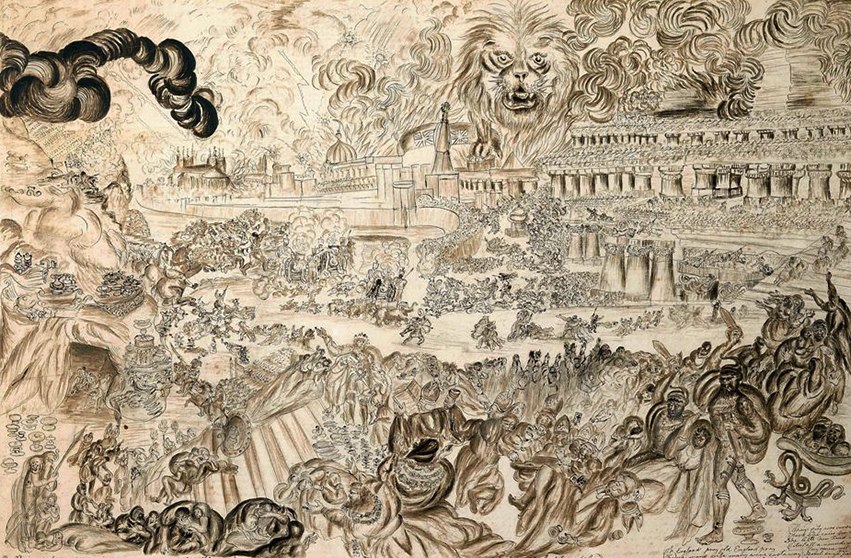I recently went a conference where I had a chance to meet Nikolas Rose recently. I’m always interested to meet Famous Professors to see how they do it — what unique combination of personality traits got them, well frankly, tenure. Isn’t that something every academic should start keeping track of?
I’m pleased to say that Rose’s success –as far as I can tell — is due to his genuine pleasantness and keen desire to keep his nose down in the weeds and keep producing substantive ethnographic/historical work. Its always a pleasure to meet someone who has managed to become a success without turning into an bad person or cutting themselves loose from the lived reality we are supposed to be studying.
One thing I learned about Rose, rather than from him, came from an excellent interview with him in Public Culture. It was about his early career in the 1970s. This is what he said:
Continue reading
